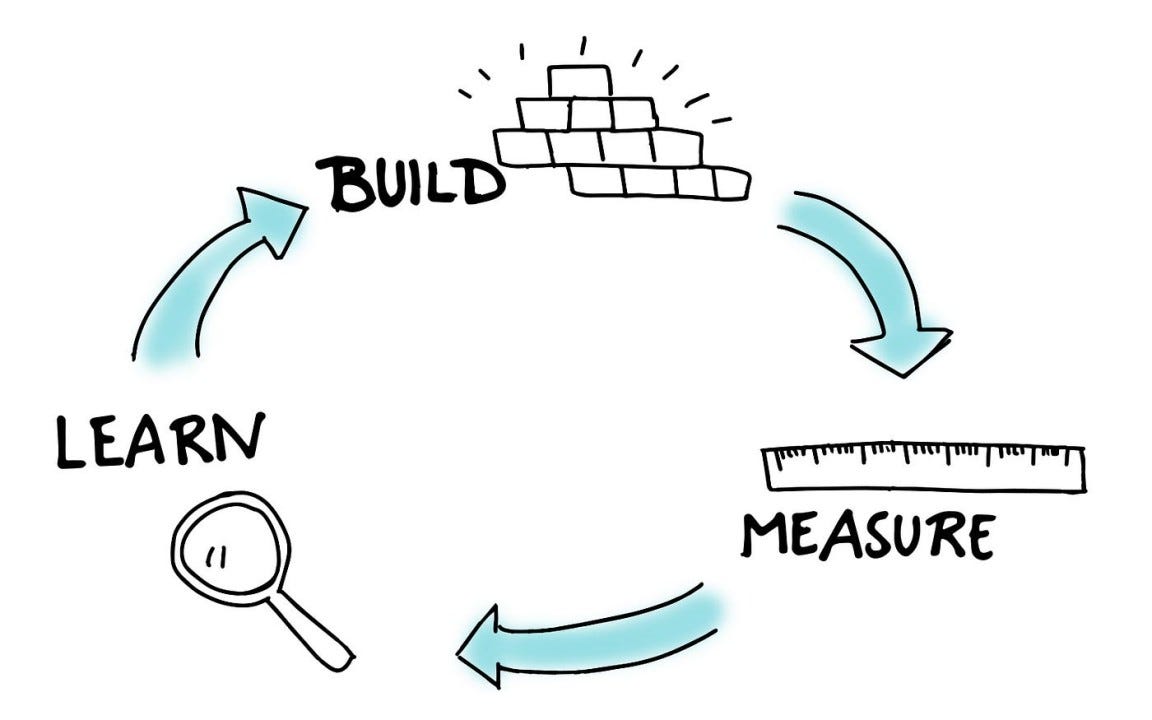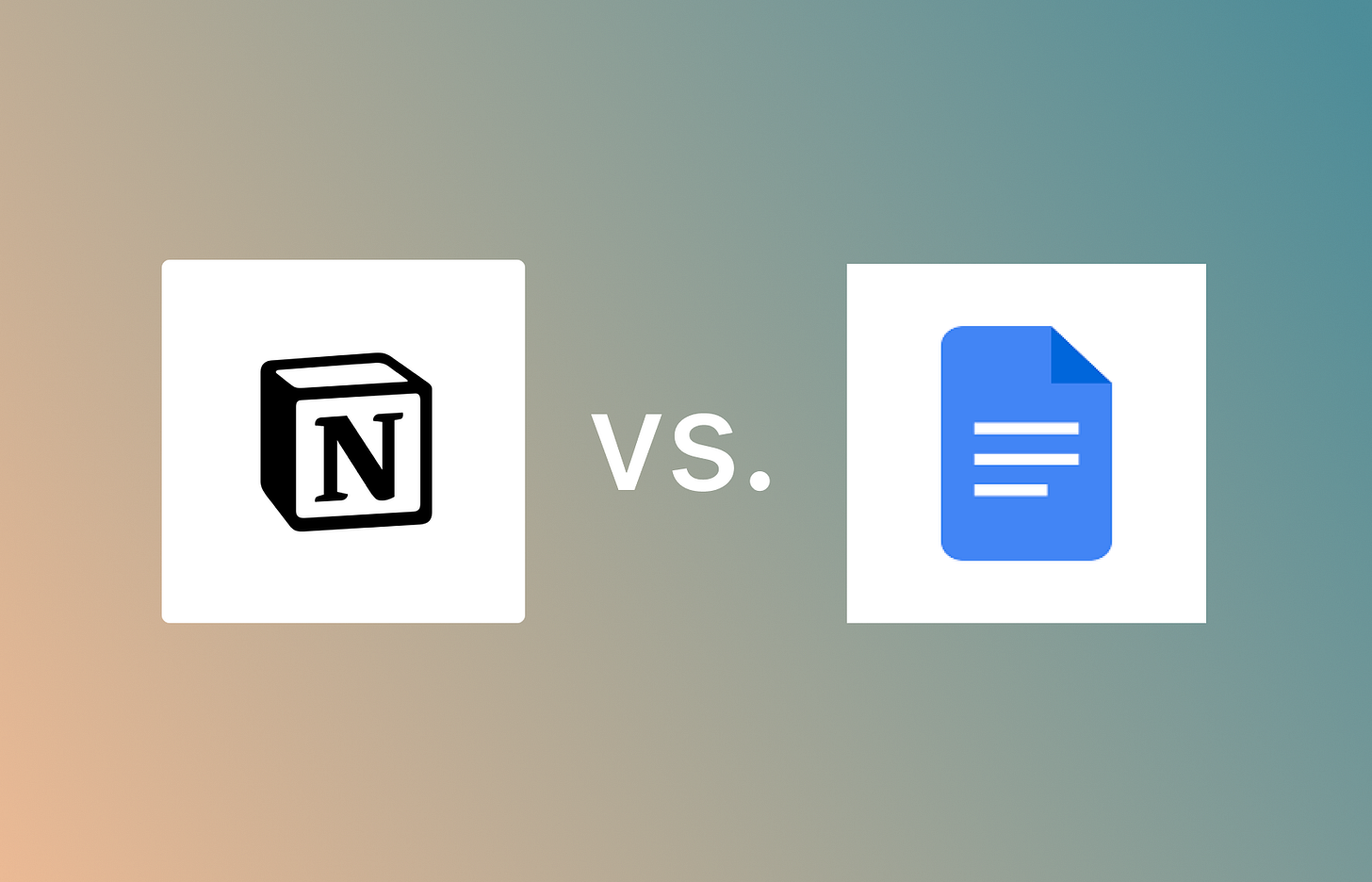Is building AI Agents for non-technical verticals overhyped?
We’ve been seeing a lot of YC companies in recent batches build a specific AI use case for a niche vertical, but is this overhyped? In the long run who wins this game?
Hey everybody, welcome to the Product Market Fit Newsletter!
Follow me on X if you don’t already.
Last weeks issue: What’s the difference between successful and failed founders?
This week, I want to dive into a question that’s sparked both hype and skepticism in the tech community:
Recent YC batches have brought a wave of AI-powered solutions targeting ultra-specific industries—from manufacturing workflows to mom-and-pop retail.
Is this just a temporary trend, or is there real staying power for verticalized AI?
The debate typically goes something like this:
"Horizontal Big Tech Will Eventually Win" – Large platforms (OpenAI, Microsoft, Google) will consolidate the market.
Startups building AI “wrappers” are at the mercy of model providers and can be squeezed out by pricing or feature rollouts."Vertical AI Agents Solve the Last Mile" – Specialized startups understand industry-specific problems, compliance quirks, and customer nuances better than any big platform can.
They offer more than just a ChatGPT API integration; they package domain expertise, trust, and customer success into a cohesive product.
My personal take?
There will always be room for new startups in non-technical verticals as long as:
the startups keep adapting to real customer needs
build strong communities
maintain a sense of belonging among their users.
Niche markets can be surprisingly loyal when a product is tailored precisely to them.
Don’t you believe it?
1. Why Niche Startups Can Still Thrive
Specificity = Stickiness
When a product is deeply specialized, it feels “built just for me”—and that emotional connection can be huge. For instance, consider independent coffee shops.
Starbucks is massive, but local cafes still flourish because they offer a sense of belonging and personalized service.
Similarly, in software, a smaller AI startup that deeply understands the unique problems of, say, vintage car part dealers (or any other hyper-focused market) can form a tight-knit user community, making it hard for bigger players to dislodge them.
Adaptation Beats Scale
Big Tech’s sheer scale can be a double-edged sword.
Corporate behemoths might struggle to move quickly in response to nuanced, industry-specific changes.
If a startup can roll out new features or adapt to sudden regulatory shifts faster, it secures a competitive edge.
The key: constant iteration and listening obsessively to customers.
Real-Life Examples of the “Small vs. Big” Phenomenon
Slack vs. Microsoft Teams
Slack thrived by focusing relentlessly on user experience for startups and tech-forward teams.
Microsoft eventually launched Teams with enterprise-level bundling. Yet Slack still persists, especially with smaller teams who love Slack’s ecosystem of integrations and user-friendly design.
Shopify vs. Amazon
Amazon is the everything-store. Shopify provides merchants with a customizable storefront, more brand control, and a sense of independence.
Despite Amazon’s massive reach, Shopify grew by focusing on the “creator economy” of small business owners seeking personalization and direct relationships with customers.
Notion vs. Google Docs
At first glance, Notion seemed like just another documentation tool in a world dominated by Google.
Yet Notion carved out a loyal following by combining wikis, tasks, and databases into an aesthetic, “all-in-one workspace,” capturing hearts (and wallets) of those who wanted a more cohesive workflow.
Access investor lists, pitch deck and data room templates and my figma file with the premium subscription to my newsletter here:
PS: Try it free for 7 days









